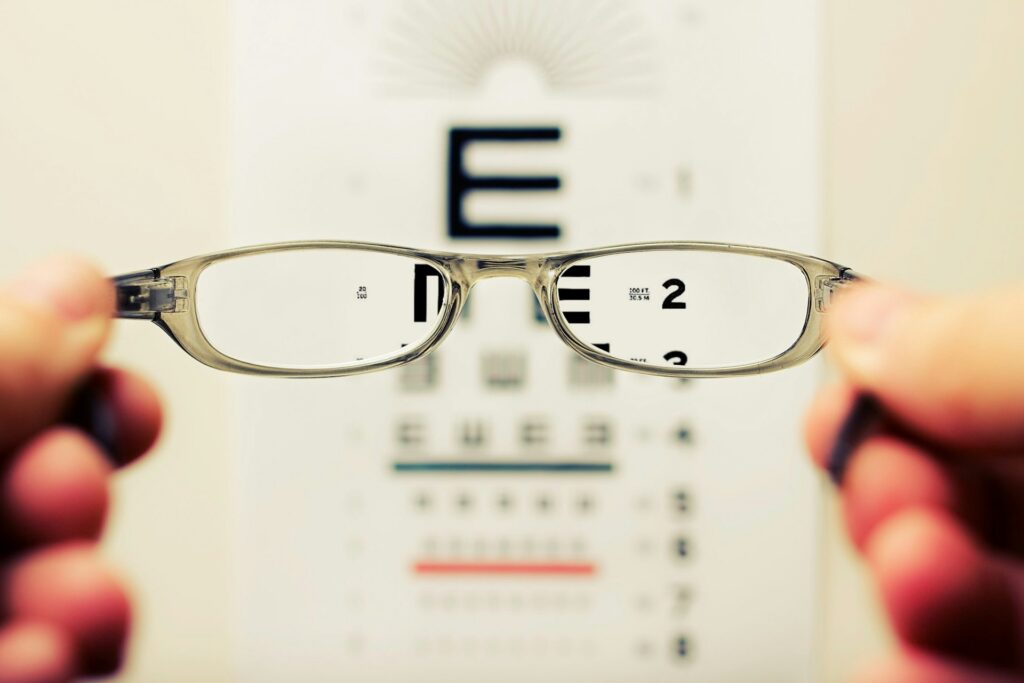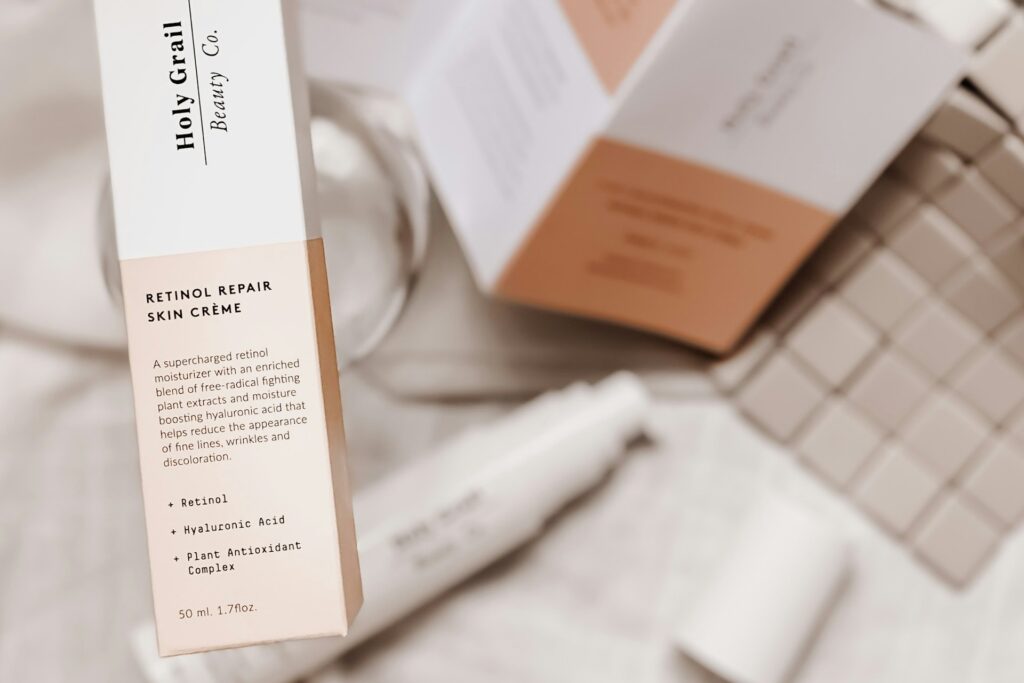
Body + Mind is reader-supported. We may earn an affiliate commission when you buy through some of the links on our site.
Could the “a” in Vitamin A stand for “amazing?” Vitamin A tends to get overlooked when it comes to dietary nutrients and minerals despite being crucial for your health. In fact, a vitamin A deficiency may induce a long list of ailments.
Your body lets you know when you must boost your vitamin levels for healthier living — the signs are pretty easy to read. So, how can you tell if you’re deficient? Better yet, what can you do to balance your vitamin A levels to feel your best? Here’s an overview of everything you need to know about vitamin A and overcoming a deficiency.
Vitamin A is somewhat of an underdog nutrient but contains superpowers for excellent health. It helps stimulate white blood cell activity and promotes bone strengthening, cell growth and tissue regeneration.
This vitamin contains retinol and carotenoids — such as beta-carotene and alpha-carotene — which convert to retinol. It occurs naturally in various plant-based foods, animal products and fortified foods.
Vitamin A intake is listed on nutrition labels as international units (IU). The current Recommended Dietary Allowance of vitamin A for adult men over 19 is 900 micrograms (mcg) daily — or 3,000 IU— while women should have 700 mcg — or 2,333 IU. At most, a person should consume no more than 3,000 mcg before they face adverse health effects.
Studies indicate vitamin A can prevent serious conditions, such as cognitive decline, age-related macular degeneration and various cancers. Women with late-stage breast cancers often have lower concentrations of vitamin A — this correlates with the antioxidative properties found in the vitamin.
When it comes to vision, 20 million Americans have age-related macular degeneration, which is the leading cause of vision loss in older adults. The science suggests you can prevent the disease by boosting your consumption of vitamin A.
Are you wondering whether or not you have a vitamin A deficiency? Having your doctor refer you for bloodwork is the surest way to know. However, your body could be showing you these six other signs of low vitamin A.

If anyone has ever told you to eat more carrots for healthier eyes, it’s because of the high concentration of vitamin A. Deficiencies in vitamin A usually lead to poor eyesight, particularly at night.
According to the World Health Organization, 250,000–500,000 children with vitamin A deficiencies go blind annually — about 50% die due to poor eyesight within 12 months. This type of deficiency is most prevalent in developing nations, highlighting the importance of gaining access to better nutrition.
Does this mean eating a bag of carrots daily will eliminate the need for glasses or contact lenses? No, but it can improve eyesight overall.
Are you suffering from regular colds and infections? Your vitamin A levels could be low. Vitamin A deficiencies usually result in a weakened immune system.
Various studies show vitamin A is critical for boosting healthy bacteria in the gut microbiome and immune organ functioning. For example, your vitamin A levels impact cell integrity, cytokinesis, antigens and antioxidative activity.
A vitamin A deficiency could be the root cause of infertility. According to registered dietician Pam Shoenfeld, vitamin A increases cervical mucus production and adds moisture to the fallopian tubes, making it easier for sperm to travel.
For instance, consider women with endometriosis. About 50% of infertility cases are women with endometriosis. Yet, those with endometriosis tend to have much lower amounts of vitamins A, C and E, and copper and zinc in their bodies. It’s no wonder infertility rates are so high among this population.

As a fat-soluble micronutrient, vitamin A is critical for healthy skin. Those with deficiencies may experience dry, flaky, scaly, rough and patchy skin textures on their arms and legs.
Often, dermatologists prescribe topical retinol — vitamin A — to patients with skin issues, including those with an aging appearance and fine lines. Retinol stimulates collagen fibers, increases elasticity and reduces inflammation to improve skin structure.
Retinol balances hair follicle stem cells, improving the hair cycle. Without it, your vitamin A deficiency could lead to hair loss or thinning strands.
Retinol moves through the bloodstream, binding to protein 4 and transthyretin, which transport proteins from the thyroid gland and the liver. When the retinol reaches its targeted tissues, it attaches to the necessary proteins, reducing the sebum build-up and promoting hair growth.
Those who have undergone surgery may be given a cocktail of essential nutrients and vitamins. This is because vitamin A deficiencies, in particular, can actually hinder wound healing.
Vitamin A is critical for tissue repair, such as cell regeneration and growth. It also has anti-inflammatory effects on wounds. Like its benefits for skin care, vitamin A increases collagen production and skin elasticity during healing.

Although vitamin A deficiencies are more common throughout developing countries, you may still struggle with malabsorption regardless of where you’re from. Fortunately, certain foods are higher in vitamin A than others, such as the following:
You can incorporate many of these ingredients into your daily diet with salads, smoothies and side dishes to regular entrees. Likewise, vitamin A supplements are always available if you have difficulty upping your vitamin A through food.
If you have a vitamin A deficiency, you should increase your intake through vitamin A-rich foods and supplements. Balancing your levels will improve your feelings and appearance by boosting retinol in your bloodstream.
Whether you want to improve your skin, enhance your eyesight or conceive successfully, vitamin A could be the answer. Ask your doctor to run bloodwork to check your levels or pay attention to the signs of a deficiency. Correcting your body’s intake may be the missing link to solving all your health-related problems.
Your email address will only be used to send you our newsletter, and at any time you may unsubscribe. For more information, see our Privacy Policy.